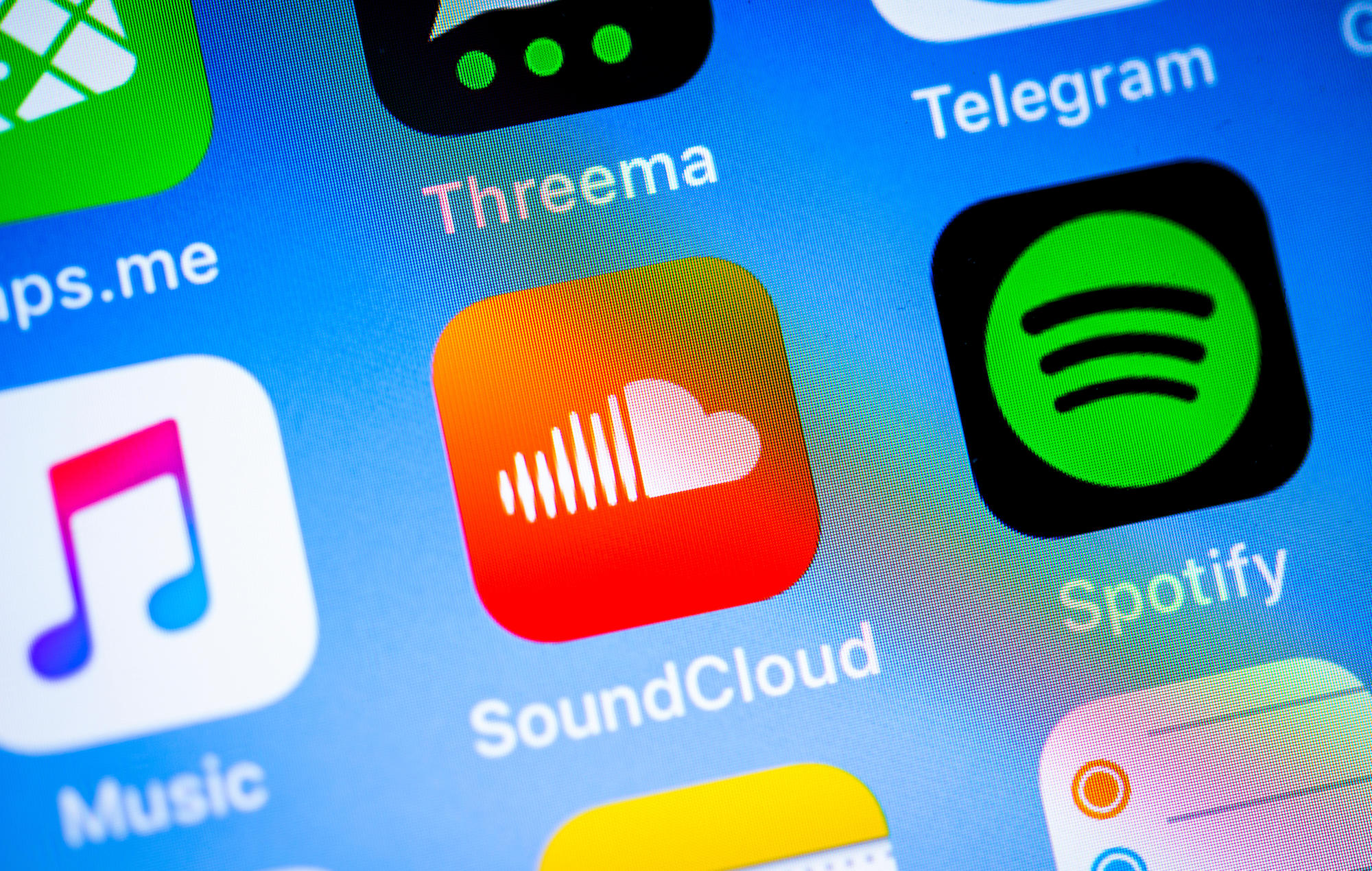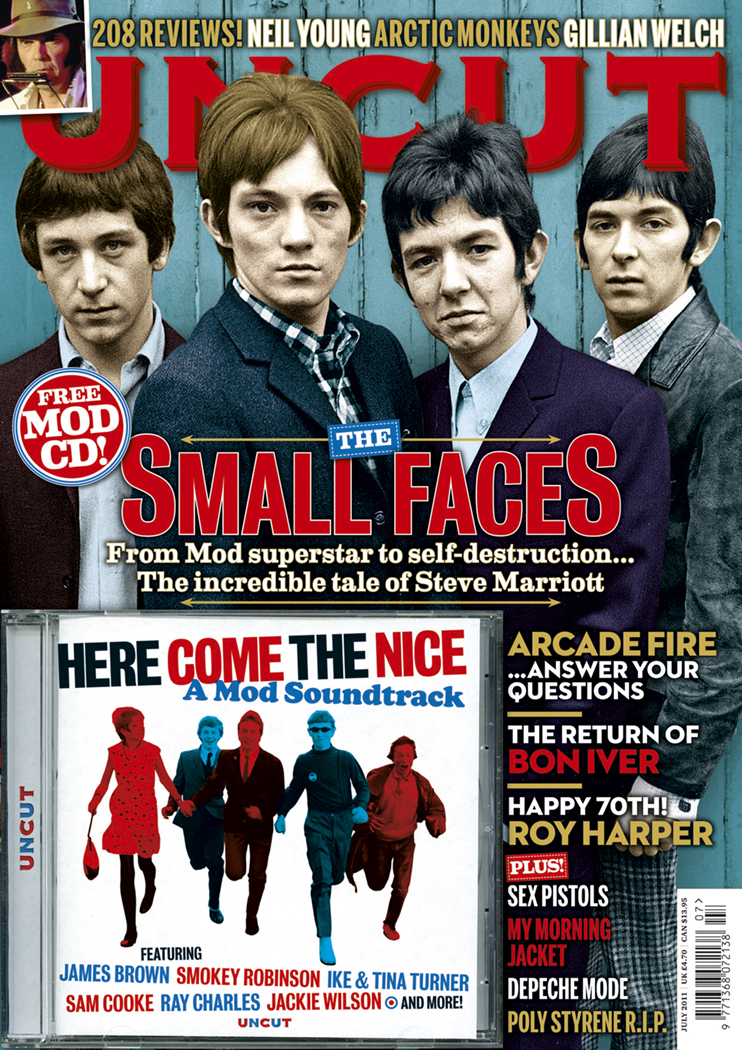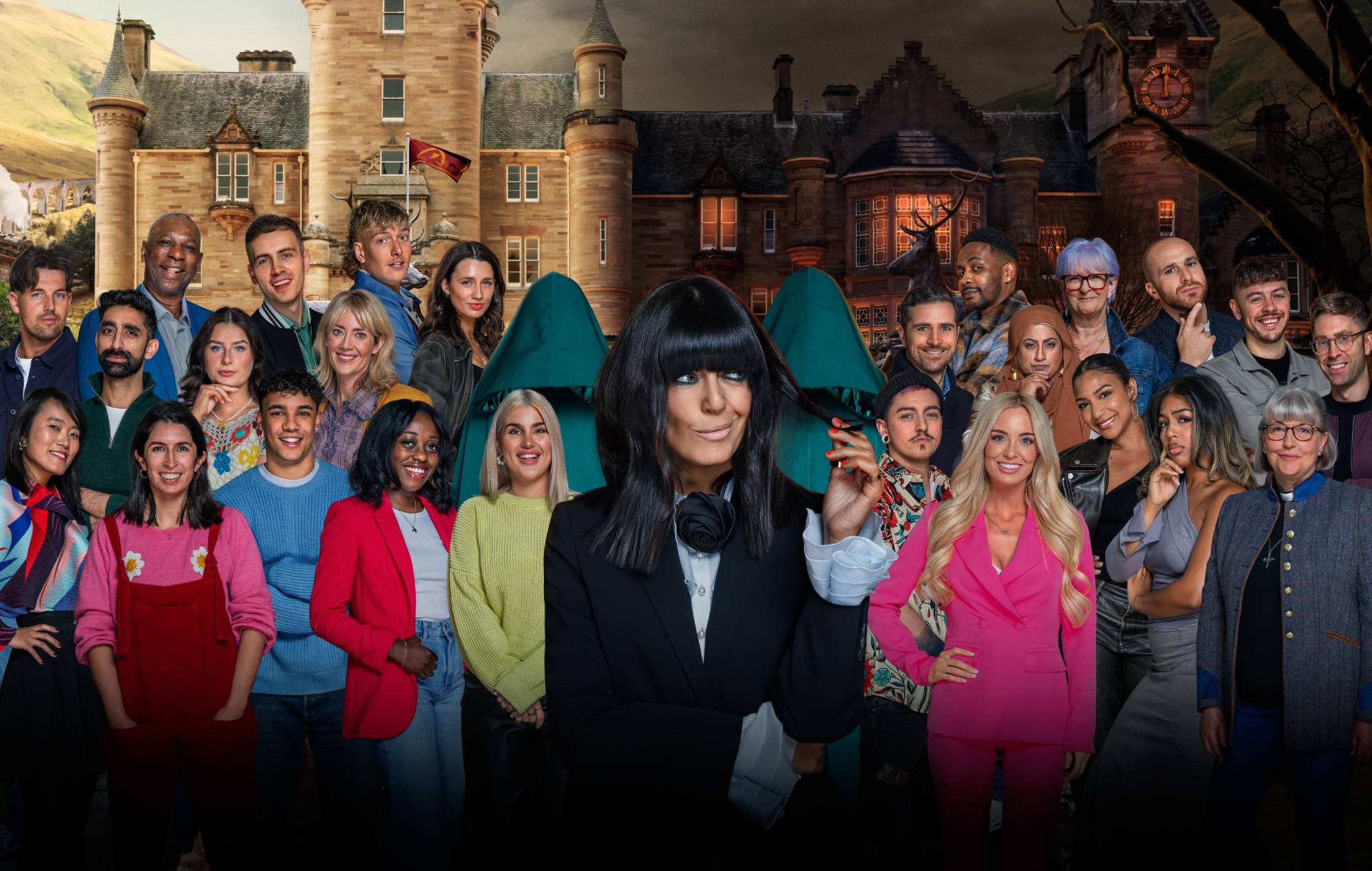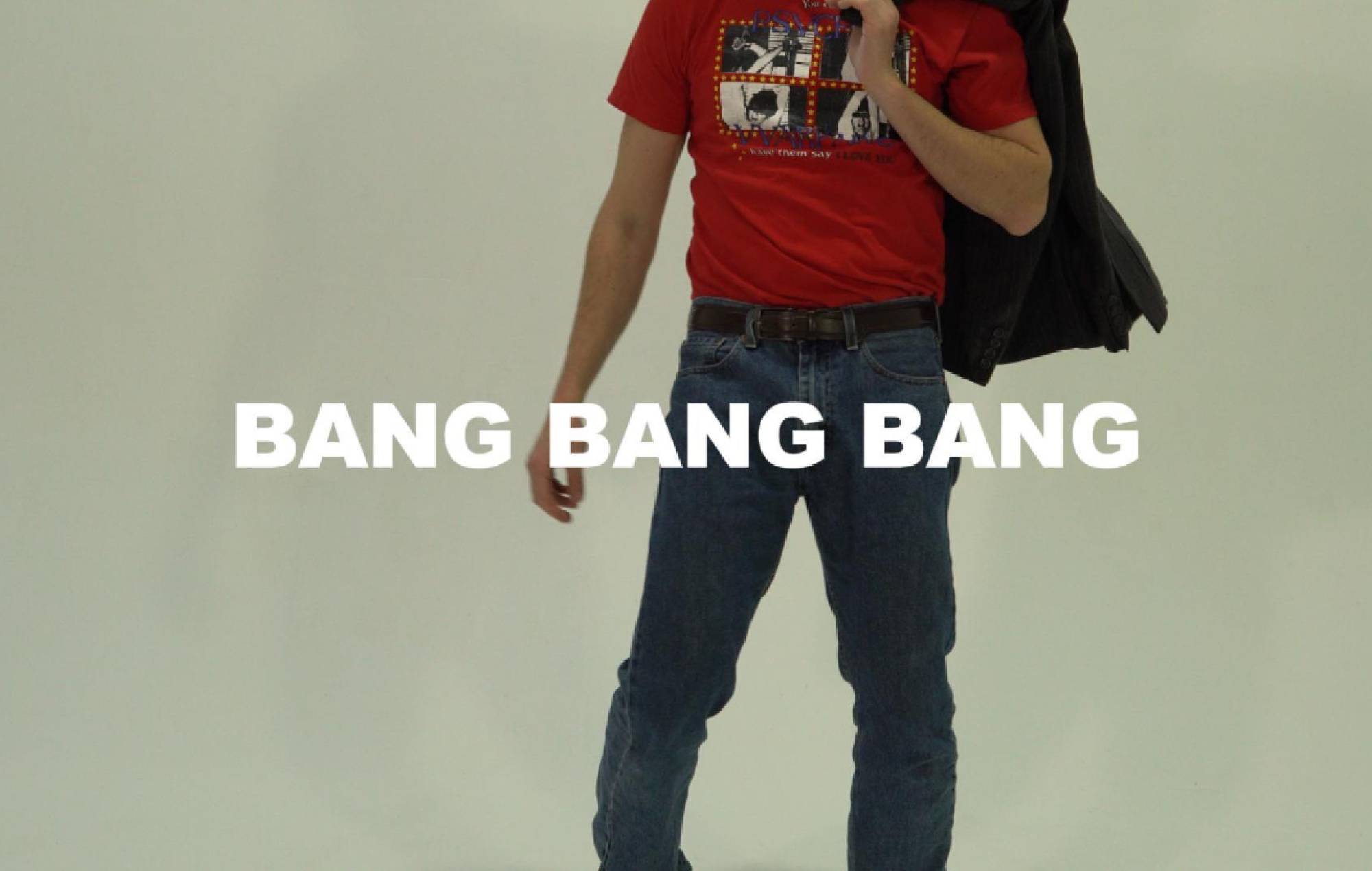
Songwriters have spoken to MPs this week about the lack of income generated from streaming, saying they are often “driving Ubers” to make ends meet.
It’s the latest pushback from artists against the model, after it was revealed this week that 82 per cent of musicians earn less than £200 a year from streaming.
- READ MORE: Mark, My Words: will bots ruin the new age of the streaming superfan?
Yesterday (November 8), songwriters including Nile Rodgers gave evidence to a committee inquiry about the economic side of streaming.
Rodgers said that before the Covid-19 pandemic, he hadn’t been concerned with the money he was making from streaming, “because my tour revenue has been so substantial that I could support my entire organisation”.
After revealing that he was “completely shocked” once he found out his streaming revenue, Rodgers added: “We don’t even know what a stream is worth,” revealing that “there’s no way you can find out.”

Fiona Bevan, a songwriter for One Direction, Lewis Capaldi and more, said she earned just £100 from streaming for a song she co-wrote on Kylie Minogue‘s new album ‘Disco’, adding: “The most successful songwriters in the world can’t pay their rent. Right now, hit songwriters are driving Ubers. It’s quite shameful.”
Discussing the problems with record labels withholding money from artists’ streams, Rodgers added: “Labels have unilaterally decided that a stream is considered a sale because it maximises their profits.
“Artists and songwriters need to update clauses in their contracts to reflect the true nature of how their songs are being consumed – which is via a licence. It is something that people are borrowing from [the streaming services]”.
The new comments come amid an ongoing government inquiry into the impact of “the business models” operated by the likes of Spotify, Apple Music, Amazon Music and Google Play.
Musicians including Radiohead’s Ed O’Brien, Elbow’s Guy Garvey, Nadine Shah and Gomez‘s Tom Gray told MPs on the DCMS committee that streaming payments are “threatening the future of music”.
Last week, Shah wrote an article criticising streaming services for lining the pockets of “superstars and super record labels” while smaller acts are left to rely more on income from live shows.
David Crosby also revealed this week that he was preparing to sell his back catalogue, because “streaming stole my record money”.
“I have a family and a mortgage and I have to take care of them so it’s my only option ..I’m sure the others feel the same,” Crosby said in a tweet on Tuesday (December 8).







